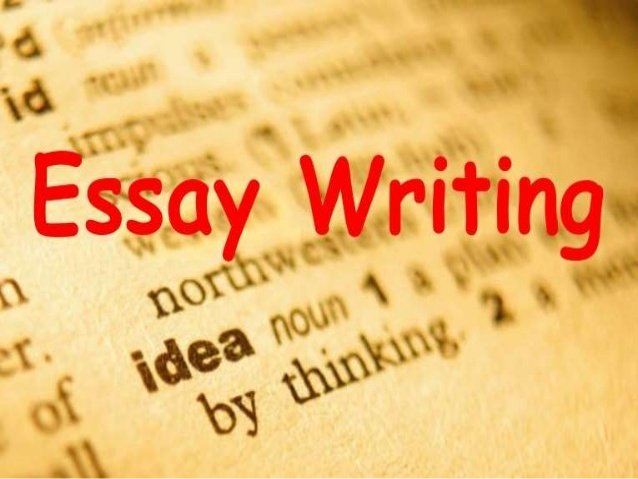A narrative essay is an interesting type of essay that does not imply some deep research. It is a mix of a personal story and an academic point or argument. Writing this type of essay you should express your personal experience and prove some universal idea by using it. Here in this article, you will find out how to write a perfect narrative essay. In case you might need some help in writing it or any other essay, you can always use a good custom paper writing service where professionals will take care of your assignment.
Comparing narrative essays to other types, we may highlight that the first ones are more creatively written. They are not that strict and too academic. Students are mostly asked to write them in high school or as an essay to apply for a college. The narrative essays should be based on your autobiography. Treat them as non-fiction writing.
Narrative essays are also similar to short stories; hence, they should include bright descriptions, characters, and maybe dialogues. However, there are certain differences.
While short stories can be interpreted in different ways since they are more of fiction literature. Narrative essays, on the other hand, have an argument in the center and the whole life experience of yours should prove that argument. Moreover, narrative essays should be written in the first person and do not leave any questions unanswered. Finally, in contrast to short stories that have any form, narrative essays have a typical essay structure no matter how long it is:
- Introduction: Here you should start with some compelling message to attract your readers and make them interested. Outline a general topic of your paper, but do not reveal too much.
- 2-3 body paragraphs: Here you need to prove your point by providing a story from your life.
- Conclusion: In this part, you should just sum up everything that was stated before. Make your final words strong and convincing.
Before writing stage
- Most importantly, to write a narrative essay you should have a good story from your life. However, knowing what a narrative essay is about it still can be hard to proceed to actual writing. You might need to start by choosing a topic. Reading narrative essay samples could be a good idea to begin with. You will see how it is done and might get inspired for writing your own piece.
- You should also choose your story from the perspective of its life-changing meaning. It should show how this event influenced your personal growth. Let it be only one, but a defining event from your life. That will also help you concentrate and not waffle.
- Last, pick a story that you sense can be the most interesting. It should either be exciting or set in some unusual place. Include some characters and write dialogues.
Generally, you might want to tell about your fear or failure that you managed to overcome. It could also be a life-changing event or relationships with someone important, such as a family member or a mentor.
Writing stage
- Having picked a topic, you should structure your plot. It is better to write everything in chronological order to make an essay clear and comprehensive. However, you can change the order a little bit to make your readers intrigued. Use flashbacks or flash-forwards, but not too much.
- You should write from the first person perspective (rarely from the third person) and in past tenses. Try to be creative with your language. Imagine yourself an Ernest Hemingway and let your readers be fascinated with your essay. You may use such techniques as suspense for that. Start from the enticing action in the beginning. Then proceed with setting some background of your story. Describe the place, people; prepare your readers to the main point of your essay. After that, you should develop your events to a climax moment where there are the most dramatic or exciting moments proving your argument. Your ending, or resolution, must clearly conclude the importance of your event.
- In the end, you need to reread everything and correct your spelling and punctuation mistakes. In addition, see if your story is cohesive and flows smoothly. Paraphrase some sentences if they sound not clear enough or are hard to grasp. Check if your citations are correct. Make sure that everything you have said supports and proves your argument stated in the introduction part. Check if your analysis and events are balanced. Moreover, ensure your introduction “hooks” readers and keeps them interested until the end.
You may also ask your tutor or a friend to proofread for you since they can say if all your ideas are expressed in an understandable way. Consider their recommendations and finish your final essay version.



